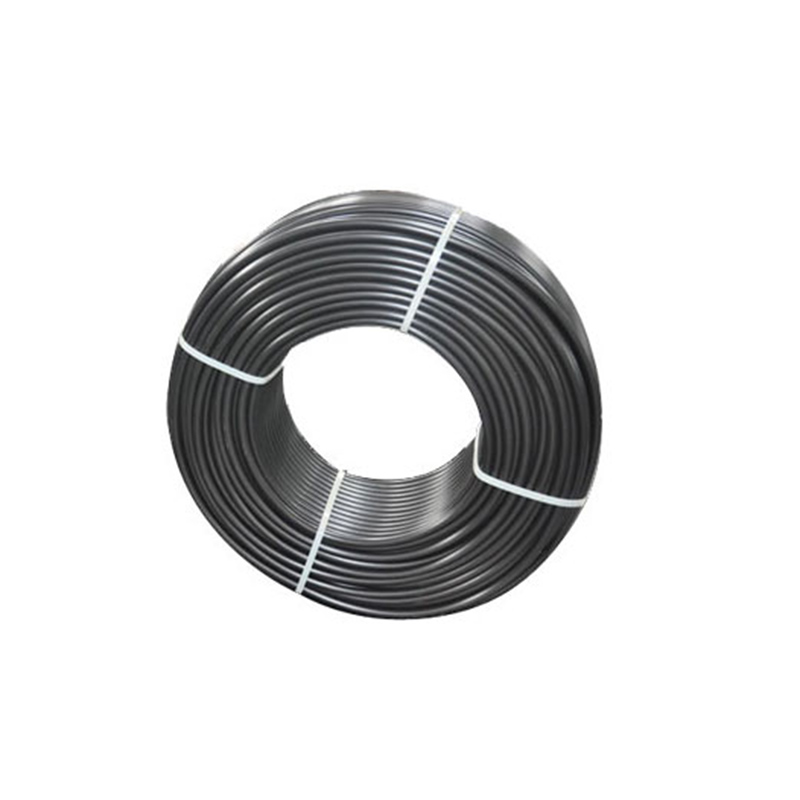How does the efficiency of a round dripper pipe system contribute to overall water conservation and sustainability efforts in agriculture?
The efficiency of a round dripper pipe system contributes significantly to overall water conservation and sustainability efforts in agriculture in several ways:
- Precise Water Delivery: Round dripper pipe systems deliver water directly to the root zone of plants with high precision, minimizing water wastage through evaporation, runoff, and overspray. This targeted irrigation method ensures that water is used efficiently and effectively, maximizing the amount of water that reaches the plants.
- Reduced Water Usage: By delivering water directly to the root zone of plants, round dripper pipe systems reduce the amount of water needed for irrigation compared to traditional methods such as overhead sprinklers. This reduction in water usage helps to conserve precious water resources, particularly in regions facing water scarcity or drought conditions.
- Optimized Water Application: Round dripper pipe systems allow for precise control over water application rates and scheduling, ensuring that plants receive the right amount of water at the right time. This optimization minimizes water waste and runoff, maximizing the efficiency of water use in agricultural production.
- Minimized Soil Erosion: The targeted application of water by round dripper pipe systems helps to minimize soil erosion by reducing the impact of runoff and surface water movement. By keeping the soil surface moist and preventing excessive water runoff, round dripper pipe round dripper pipe systems help to maintain soil structure and fertility, promoting sustainable agricultural practices.
- Enhanced Crop Health and Yield: Round dripper pipe systems promote healthier plant growth and higher crop yields by delivering water directly to the root zone, where it is most needed. This ensures that plants receive adequate moisture for optimal growth and development, leading to higher yields and improved crop quality.
- Energy Savings: Round dripper pipe systems require less energy to operate compared to traditional irrigation methods such as center pivot systems or flood irrigation. The efficient use of water reduces the need for pumping and distribution, resulting in energy savings and lower operational costs for farmers.
- Reduced Chemical Leaching: Round dripper pipe systems help to minimize the leaching of fertilizers and pesticides into groundwater by delivering water directly to the root zone of plants. This targeted irrigation method reduces the risk of chemical runoff and contamination of water sources, contributing to environmental sustainability and water quality protection.
- Adaptability to Variable Conditions: Round dripper pipe systems can be customized to meet the specific irrigation needs of different crops, soil types, and environmental conditions. This adaptability allows farmers to optimize water use efficiency and maximize crop yields while conserving water resources and promoting sustainable agriculture practices.
Overall, the efficiency of round dripper pipe systems plays a crucial role in promoting water conservation and sustainability efforts in agriculture by minimizing water usage, reducing soil erosion, enhancing crop health and yield, saving energy, and protecting water quality. These systems offer a cost-effective and environmentally friendly solution for irrigation that supports long-term agricultural productivity and resilience.

